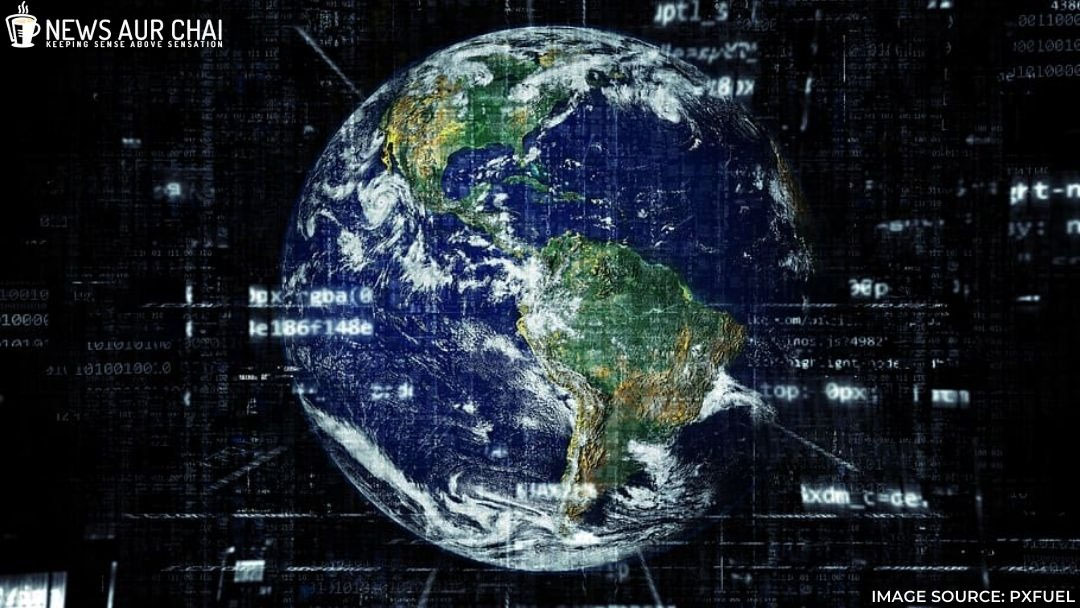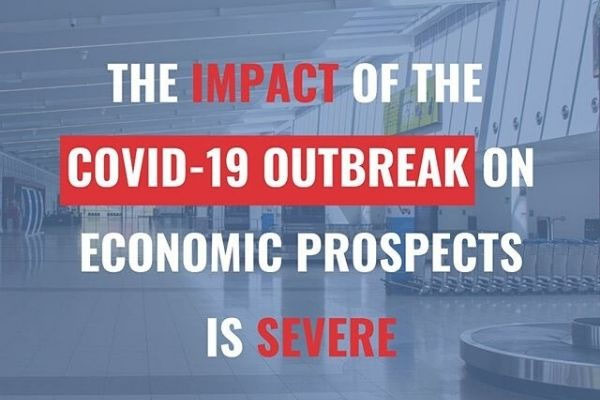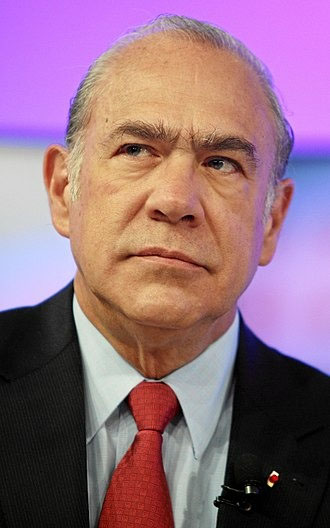
“Globalisation is the development of an increasingly integrated global economy marked especially by free trade, free flow of capital, and the tapping of cheaper foreign labour markets.” – Merriam-Webster
The world we live in today is becoming increasingly interconnected and extremely interdependent. Globalisation touches every part of our lives, from the food we eat to the products we buy and use also even how we communicate with each other. There is also a negative side to this aspect; trade wars (mostly between the US and China), climate change issues, terrorism and most recently the pandemic.
For the last 20 years, globalisation has been the norm; it was seen as the future for many countries. Outsourcing of products and services had begun to be the new way of life for companies both abroad and at home. People are no longer looking into domestic suppliers and services but rather attracted to the products from other countries. The pandemic has brought into sharp focus questions about the future of globalization.
Business trips and conferences cancelled, orders put on hold, cancellation of the Italy and Ireland rugby match, hitting closer to home, the most awaited IPL season and numerous world tours and concerts have been postponed, the Tokyo Olympics, is now set to take place in July 2021 and the London Marathon has been moved to October.

With events set to take place all over the globe now being cancelled or postponed due to the pandemic, this is not a critical moment for particular businesses or a particular country- it might prove to be a tipping point for globalisation itself!
The unthinkable has been done; Nations around the world close their borders. The popular ideal of the European Union to have a borderless future seems to have been threatened. Since the outbreak, countries have halted international trade, and crafted national responses to limit the spread of the disease.
With Italy becoming the hotspot for the most number of deaths by the virus, Austria and Slovenia had closed their borders with the country and slowly one after the other almost every nation started to restrict travellers, employees starting work from home, shops and restaurants put on lockdown and supply chains between countries are unable to function.
China’s Growth
China is the world’s largest production base, and lies at the heart of many supply chains. The sudden halt in trade and outsourcing raw materials has made it difficult for businesses to keep up; for example, half of British tool manufacturing is sourced from China. When factories close overseas, work slows down at home.
In comparison to the Severe Acute Respiratory Syndrome (SARS), which was an epidemic in the year 2002, China accounted for only 4 per cent of the world’s economy, whereas today it is 16 per cent. The reason for this rise in China’s economy is that a vast number of businesses rely on cheap Chinese exports without being overly concerned with the risks.
Globalisation had also lead to a massive increase in international students willing to pay much more to study at colleges and universities abroad. The vast tourism industry too has benefitted much from this. Many raise concerns of how much the number of new admissions from students from Asian countries into western universities now has dropped due to the virus keeping people worried and having second thoughts on whether it is wise to leave home.

After the virtual G20 summit that took place on March 26, 2020, the Organisation for Economic Co-operation and Development (OECD) expects the pandemic to have flattened whatever economic growth there would have been this year. Angel Gurría, OECD secretary-general, said the economic shock was already bigger than the financial crisis. The report had also mentioned that, many economies would fall into recession. This is unavoidable, as we need to continue fighting the pandemic, while at the same time increasing efforts to be able to restore economies as fast as possible.

“The high costs that public health measures are imposing today are necessary to avoid much more tragic consequences and even worse impacts on our economies tomorrow,” Gurría said, in his G20 Summit Statement. “Millions of deaths and collapsed health care systems will decimate us financially and as a society, so slowing this epidemic and saving human lives must be governments’ first priority.”
Is this really the end of globalization?
Where does India stand at this testing time? The coronavirus is a wake-up call and will not stop globalisation or completely reverse it, but has showed signs that it would definitely slow down the economy.
How are we going to deal with the aftermath of the global shutdown?
With global growth seen falling to 2.4 per cent for 2020, compared to 2.9 per cent in 2019, Gurría compared the level of ambition to the Marshall Plan – which helped to pay for the reconstruction of Europe after the Second World War. Could that work? Maybe, but the fate of global growth depends on how quickly the virus can be contained and the economies restored.





